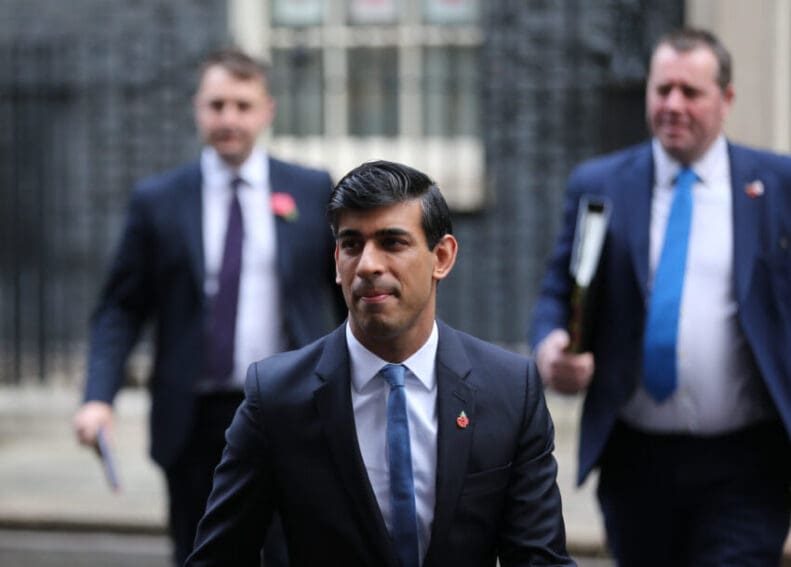EU agrees to hold talks on delaying electric car tariffs
Rishi Sunak’s government has been handed a boost after EU officials agreed to discuss post-Brexit plans to apply a tariff on electric cars, ahead of a looming “cliff edge” deadline on whether to delay the move.
The UK is hoping the European Commission will agree to push back the costly new tariff rules set to come into force in January 2024 as part of Boris Johnson’s Brexit trade deal.
British and EU officials will meet in London on Wednesday and will discuss the tariffs on electric vehicles, with the auto industry also pushing Brussels to delay the rules.
The new rules of origin agreed in the Brexit trade and cooperation agreement (TCA) is on the agenda for a summit of the UK-EU trade specialised committee.
Brussels has been warned of an “existential threat” posed by new rules of origin which will require carmakers both in Britain and on the continent to build more batteries domestically.
Among the final parts of the Brexit deal agreed by Mr Johnson, the changes require 45 per cent of an electric car’s value to originate in the UK or EU to qualify for trade without tariffs.
Britain’s auto industry has already warned post-Brexit “cliff edge” looming at the start of next year threatens the electric car industry because of the lack of domestic batteries.
And the VDA – the lobby group for Germany’s car industry – added to pressure on the EU Commission earlier by saying “we must urgently make adjustments” to the Brexit deal.
The group warned that tariffs would place “a significant competitive disadvantage for the European car industry in relation to its Asian competitors in the so important UK market”.
The UK’s Society of Motor Manufacturers and Traders (SMMT) previously called for a delay until 2027.
Mr Sunak had pushed for talks with Brussels after Vauxhall’s parent company Stellantis warned that it will be unable to keep manufacturing in Britain without changes to the trade deal.
It comes as Mr Sunak managed to clear up some of the post-Brexit mess by agreeing a deal with Brussels for the UK to rejoin the EU’s £85bn Horizon science research scheme.
The UK has struggled to boost its battery production, with the manufacturer Britishvolt collapsing earlier this year. Tata Group, the owner of Jaguar Land Rover, announced plans in the summer to build an electric car battery factory in the UK.
The car giant said it plans to invest more than £4bn at a new plant in Somerset. Mr Sunak called it an “incredibly proud” moment.






